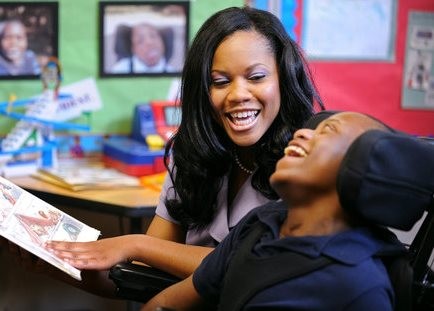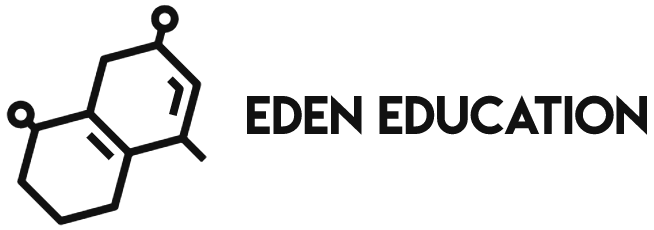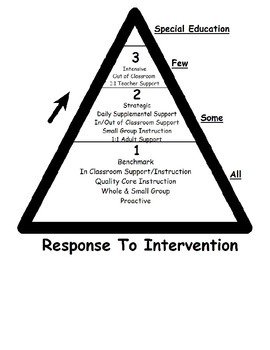
What Is Special Education?
If you’re wondering what is special education, you’ve come to the right place. Special education is the curriculum provided for students who are differently abled. This education is provided for free, and it addresses a student’s individual needs. There are a number of different types of special education, including speech therapy, adapted physical education, and social emotional learning. Special education can also include the delivery of specialized services in many different areas, including Behavioral Health, Speech Language Therapy, Physical Therapy, Visual Supports, and Executive Functioning Supports.
Special education is the standard curriculum presented without special teaching methods or supports
In the United States, the term special education refers to the education of students with disabilities. In other countries, special education is called “special education” and is usually a form of inclusion. However, in some countries, such as Finland, students with disabilities are included in neighborhood schools, but if their personalized plans dictate it, they are placed in special schools. Personalized school plans outline the teaching methods and other supports needed for students with special needs.
It is provided to students who are differently abled
Historically, students with disabilities have not been included in regular classrooms. However, increasing inclusion has become a common practice in recent years. Some studies indicate that nearly 60 percent of students with disabilities spend at least 80 percent of their school day in regular classrooms. Such practices improve the academic trajectory of traditionally underserved learners. By including students with disabilities in regular classrooms, they will have access to grade-level curriculum and educational opportunities that their peers have.
It is provided at no cost to families
The Individuals with Disabilities Education Act defines special education as education that is specifically designed to meet the needs of a child with a disability. This type of education can be anything from specialized Speech Language Therapy to adapted physical education. It can even include services for executive functioning or visual needs. Special education is also free to families. However, there may be incidental fees or other fees that need to be paid.
It addresses specific needs
There are various types of special education, each addressing specific needs. Students with learning disabilities may require different teaching approaches, including specialized physical adaptations. These students may also benefit from a resource room or specially adapted teaching area. The goal of special education is to provide the best educational environment possible for these students. In addition to individualized education, special education may also help students with physical and emotional conditions. Below are some common types of special education.
It is governed by the Individuals with Disabilities Education Act
The Individuals with Disabilities Education Act (IDEA) ensures that children with disabilities receive a free appropriate public school education. The act sets forth a series of requirements for the education of children with disabilities, including early intervention services and special education. Every child receiving services must have a parent advocate. Parents of children without parents are also entitled to advocacy. The IDEA also gives parents procedural safeguards.
It provides protections for parents and children
The Individuals with Disabilities Education Act, originally called the Education for All Handicapped Children Act, provides important protections for children with disabilities. These laws give parents a voice in their child’s education and offer procedural safeguards. The law also protects the rights of disabled children and their families, as it requires public schools to provide appropriate educational programs to these students. In some cases, a child with a disability can learn alongside their peers in general education.


